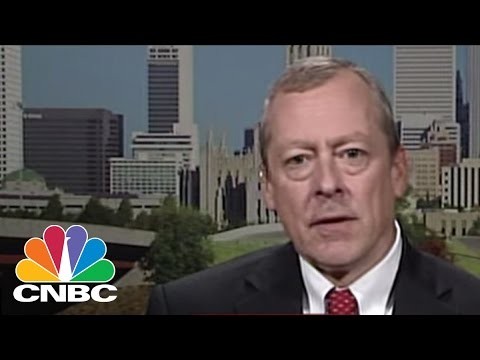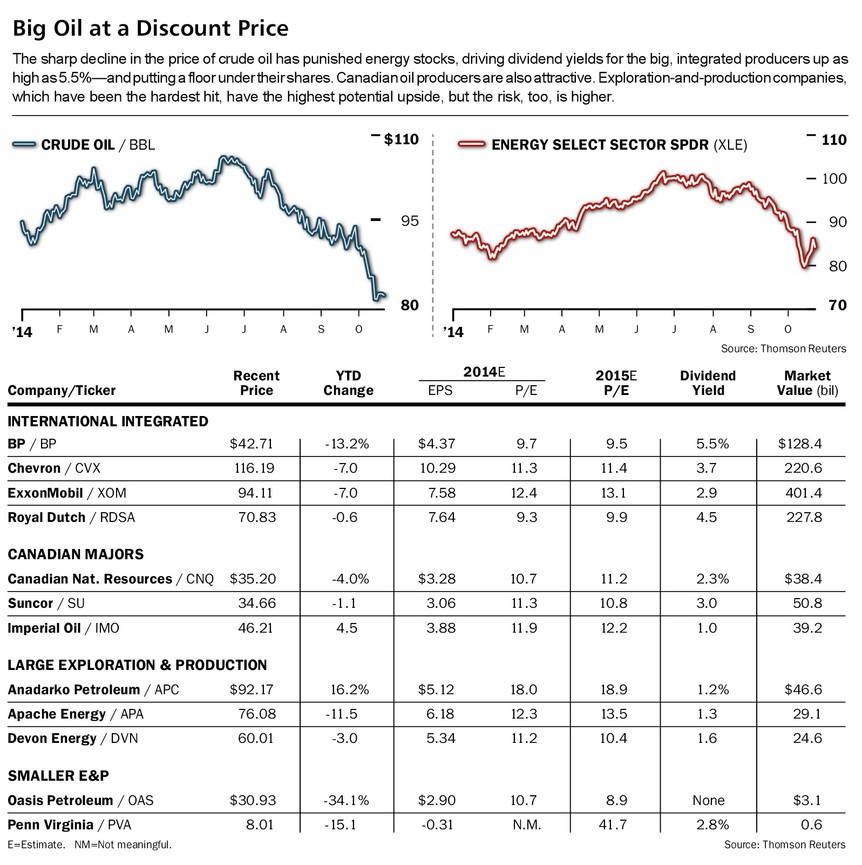Big money looking for hot plays on energy
Post on: 13 Май, 2015 No Comment

Sergei Karpukhin | Reuters
Big investors are starting to listen to hedge and private equity fund talk about all the money to be made in energy. But they are yet not moving into the beat-up sector en masse given uncertainty around timing.
Deutsche Bank said that U.S. hedge fund clients like family offices, pensions and endowments are eyeing energy, and that there’s been an uptick in requests for meetings with energy-focused managers, including traditional hedge funds and mutual funds that invest in both debt and equity.
Investors of all types. are looking at investing in the energy space in 2015, Deutsche Bank wrote in a report for clients.
Anthony Lawler, portfolio manager at GAM’s $5.7 billion Alternative Investment Solutions unit, also noted more conversations with investors, but said the interest is preliminary.
We are having more discussions around energy and the likely opportunities to come out of the recent moves, Lawler said of interest in hedge fund managers who focus on trading the stocks and bonds of troubled companies—so-called distressed managers.
But he noted that the investor money wasn’t pouring in yet given uncertainty about the best time to get in. We are not receiving actual requests for increased exposure to this today, Lawler said.
Distressed hedge funds, among the most likely to take advantage of the energy opportunity, saw just $1.2 billion of new cash from clients in the fourth quarter of 2014, and only $60 million in December, according to estimates from data tracker eVestment. Distressed funds took in $9.3 billion over all of last year.
Investment firms are still lining up to meet that potential demand.
Lansdowne Partners, Avenue Capital, Carlson Capital and Blackstone Group’s GSO Capital unit are among the firms raising fresh capital to deploy in either long-short energy stock picking, credit investing, or both.
Others in private equity, like Apollo Global Management. Carlyle affiliate NGP Energy Capital Management, Blackstone’s private equity arm and Warburg Pincus, either recently completed or are in the process of raising new multibillion dollar energy-focused funds.
I think this is going to be one of the best opportunities we’ve had in many, many years, Blackstone CEO Steve Schwarzman said at the DealBook Conference in December. referring to the drop in energy prices and related businesses.
Carlyle Group also expressed interest, even as its energy PE funds were hit with losses last year.
The single greatest new energy opportunity to invest is probably distressed debt, firm co-founder David Rubenstein said in January at the World Economic Forum in Davos, Switzerland.

Wall Street excitement about energy is only growing.
We’ve never seen so much interest in one industry since the collapse of Lehman, said Kent Collier, founder and CEO of Reorg Research.
Reorg, which provides in-depth research on financially distressed companies, hosted an energy investing focused educational event for clients on Jan. 29. The panel discussion of lawyers and an investment banker drew about 125 people; more than half of the audience represented at least 40 hedge fund firms.
Distressed debt hedge funds have spent the last few months surveying the energy landscape with keen interest on the debt of the companies in the battered industry, Collier added.
He said clients are interested in understanding the universe of beat-up company bonds; what oil fields and shale deposits offer the most opportunity; and the legal issues involved.
Fund managers and their prospective clients know that the trick is timing.
Energy companies may not have felt the full force of the decline in oil and gas prices, and related stocks and bonds may not have finished falling in value, according to industry observers.
Clint Carlson of $9 billion Carlson Capital recently told CNBC that the time to strike in the bond market is likely still two or three quarters away, at which point companies grappling with continued cheap crude prices would be in more severe distress.














